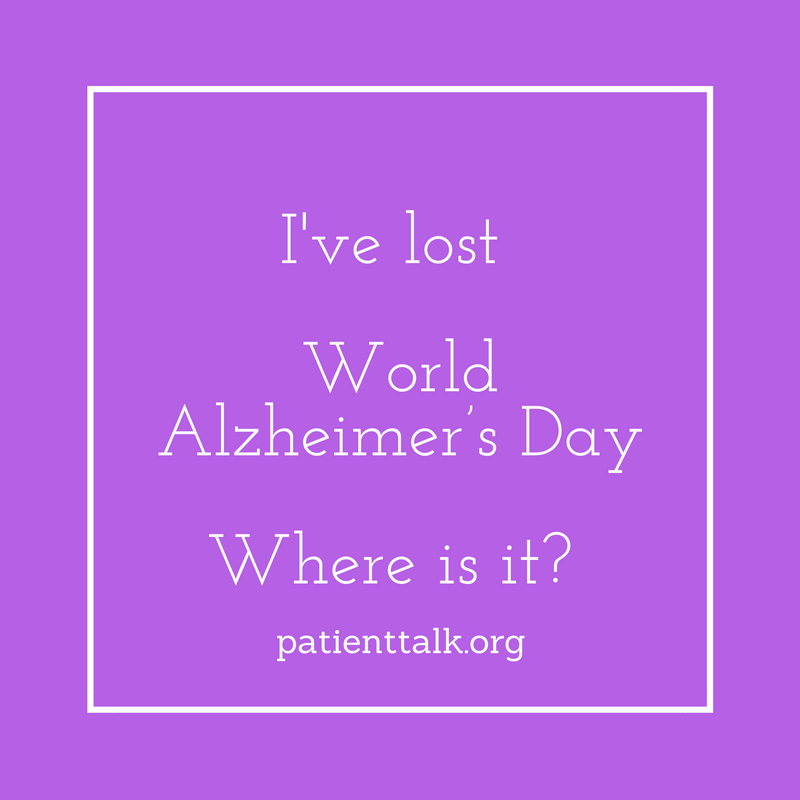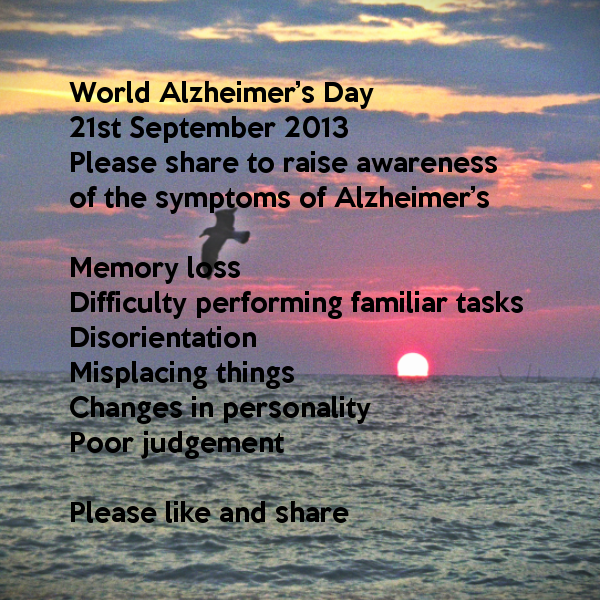21st September 2015 – Moderate coffee consumption at 3-5 cups of coffee per
 Coffee and dementia day may help to protect against Alzheimer’s Disease, as highlighted by the Institute for Scientific Information’s latest report, published to mark World Alzheimer’s Day.
Worldwide, there are over 9.9 million new cases of dementia each year and an estimated 46.8 million people living with dementia in 20151. The number of people in Europe aged over 65 is predicted to rise to 22.4% by 20252 and, with an aging population, neurodegenerative diseases such as Alzheimer’s Disease are of increasing concern.
ISIC’s report, The good things in life: can coffee consumption reduce the risk of developing Alzheimer’s Disease? is in its second edition. First published in 2014 following a session at Alzheimer Europe’s annual congress, the newly updated report provides a comprehensive overview of the research into coffee, caffeine and Alzheimer’s Disease to date. Key research findings include:
Scientific evidence has consistently linked regular, moderate coffee consumption with a possible reduced risk of developing Alzheimer’s Disease3,4.
· A Mediterranean diet, consisting of fish, fresh fruit and vegetables, olive oil and red wine, has been associated with a reduced risk of developing Alzheimer’s Disease5,6,7. Research suggests that compounds called polyphenols are responsible for this protective effect, these compounds are also found in high quantities in coffee6
· Regular, life-long moderate coffee consumption is associated with a reduced risk of developing Alzheimer’s Disease2,3, with the body of evidence suggesting that coffee drinkers can reduce their risk of developing the disease by up to 20%8
· A meta-analysis published in 2015 concluded that in the short-term, coffee/caffeine consumption may protect against Alzheimer’s, likely due to its stimulation of the central nervous system. The systematic review also showed a long-term favourable influence in decreasing new incidence Alzheimer’s Disease risk9
· Caffeine helps to prevent the formation of amyloid plaques and neurofibrulary tangles in the brain10 – two hallmarks of Alzheimer’s Disease.
· Caffeine and polyphenols reduce inflammation and decrease the deterioration of brain cells – especially in the hippocampus and cortex, areas of the brain involved in memory11,12,13,14
To read the report, click here.
More information on coffee and neurodegenerative diseases can be found on the Coffee & Health website.
References
1. Alzheimer’s Disease International. ‘Dementia Statistics’, Accessed 7th September 2015. Available at http://www.alz.co.uk/research/statistics
2. Alzheimer Europe. ‘The impact of Alzheimer’s disease in Europe’, Accessed 7th September 2015. Available at http://www.alzheimer-europe.org/EN/Research/PharmaCog/Why-Pharmacog/(language)/eng-GB
3. Barranco Quintana J.L. et al. (2007) Alzheimer’s disease and coffee: a quantitative review. Neurol Res, 29:91-5
4. Santos C. et al. (2010) Caffeine intake and dementia: systematic review and meta-analysis. J Alzheimers Dis, 20(1):187-204.
5. Scarmeas N. et al. (2006) Mediterranean diet and risk for Alzheimer’s disease. Ann Neurol, 59:912–21
6. Scarmeas N. et al. (2009) Physical activity, diet and Alzheimer’s disease risk. JAMA, 302(6):627-37
7. Gu Y. et al. (2010) Food Combination and Alzheimer Disease Risk: A Protective Diet. Arch Neurol, 67(6):699-706
8. Santos C. et al. (2010) Caffeine intake and dementia: systematic review and meta-analysis. J Alzheimers Dis, 20(1):187-204.
9. W Xu et al. (2015) Meta-analysis of modifiable risk factors for Alzheimer’s Disease, JNNP, published online ahead of print.
10. Laurent et al. (2014) Beneficial effects of caffeine in a transgenic model of Alzheimer’s disease-like tau pathology. Neurobiol Aging, 35(9):2079-90.
11. Dall’Igna O.P. et al. (2003) Neuroprotection by caffeine and adenosine A2A receptor blockade of β-amyloid neurotoxicity. Br. J. Pharmacol, 138:1207–1209.
12. Cho J.Y. et al. (2005) Inhibitory effects of long-term administration of ferulic acid on astrocyte activation induced by intracerebroventricular injection of beta-amyloid peptide (1-42) in mice. Prog Neuropsychopharmacol Biol Psychiatry, 29:901-7.
13. Wenk, G.L. et al. (2004) Attenuation of chronic neuroinflammation by a nitric oxide-releasing derivative of the antioxidant ferulic acid. J Neurochem, 89:484–493.
14. Yan J.J. et al. (2001) Protection against beta-amyloid peptide toxicity in vivo with long-term administration of ferulic acid. Br J Pharmacol,133(1):89-96. |


